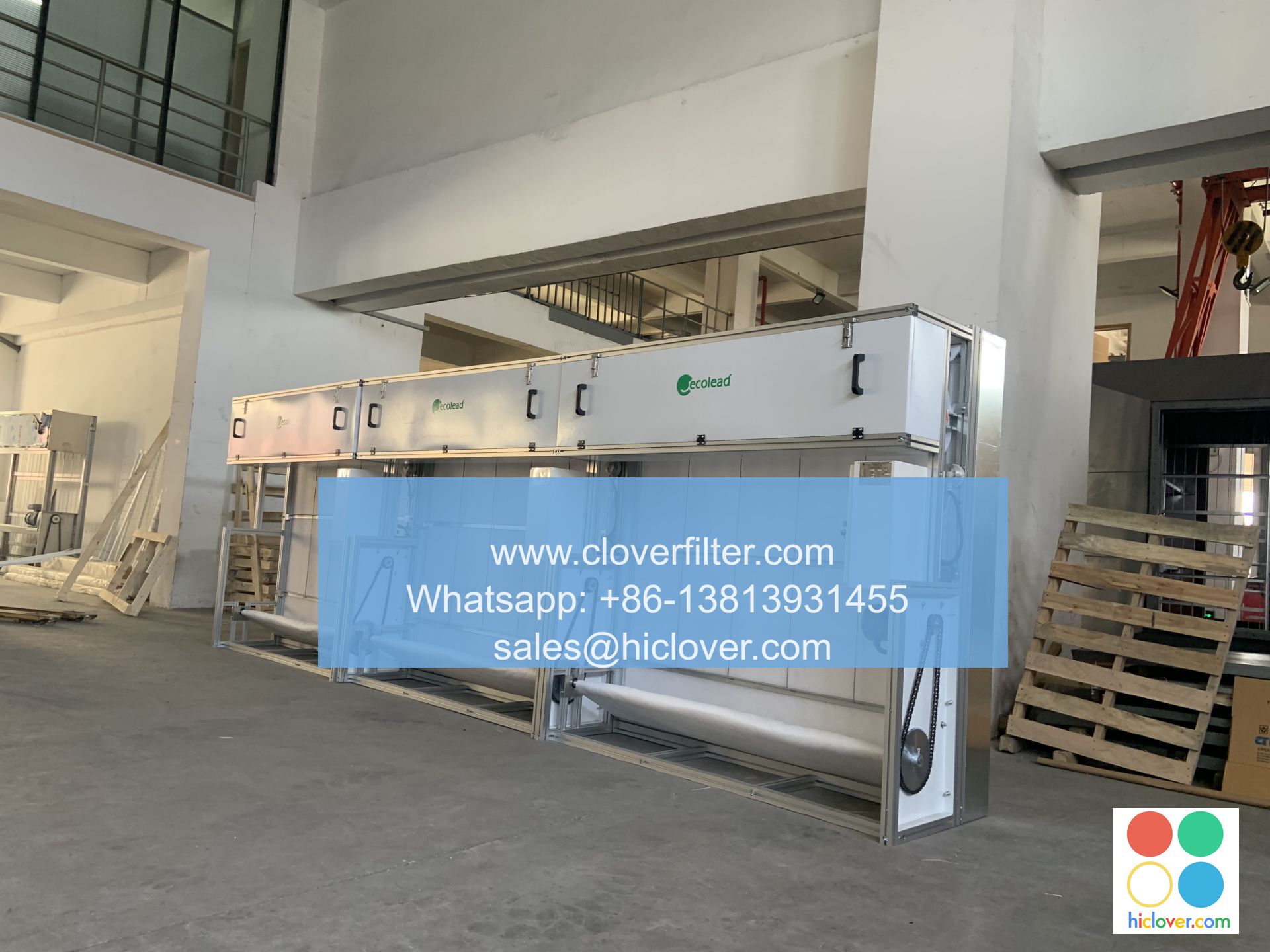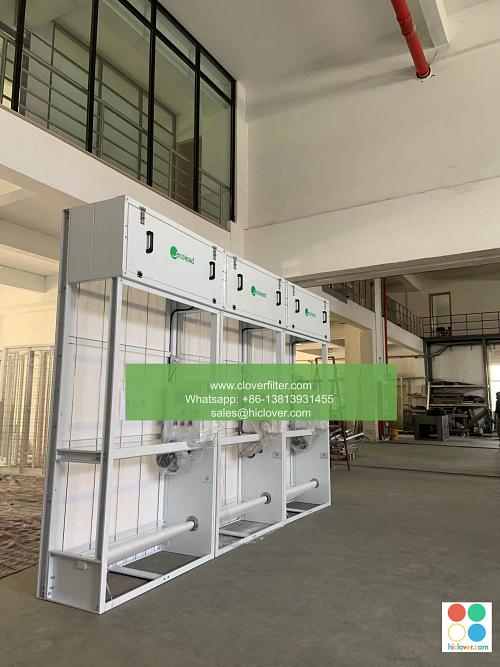Air Filter Ratings: How to Interpret and Use Them

When it comes to selecting the right air filter for your home, office, or industrial space, understanding air filter ratings is crucial. In this article, we will delve into the world of air filter ratings, exploring what they mean, how to interpret them, and their various application areas, including indoor air quality, heating, ventilation, and air conditioning (HVAC) systems, and air purification systems.
What are Air Filter Ratings?
Air filter ratings are a measure of a filter’s ability to remove airborne particles, such as dust, pollen, and other contaminants, from the air. The most common rating systems used are the Minimum Efficiency Reporting Value (MERV) and the High Efficiency Particulate Air (HEPA) ratings. These ratings provide a standardized way to compare the effectiveness of different air filters.
Interpreting MERV Ratings
The MERV rating system ranges from 1 to 20, with higher ratings indicating better filter performance. Here’s a breakdown of the MERV rating scale:
* MERV 1-4: Basic filters that capture large particles, such as dust and pollen
* MERV 5-8: Medium-quality filters that capture smaller particles, such as mold and pet dander
* MERV 9-12: High-quality filters that capture even smaller particles, such as smoke and bacteria
* MERV 13-16: High-efficiency filters that capture very small particles, such as viruses and particulate matter
* MERV 17-20: Ultra-high-efficiency filters that capture the smallest particles, including those as small as 0.3 microns
Understanding HEPA Ratings
HEPA filters are designed to capture at least 99.97% of particles as small as 0.3 microns. HEPA ratings are often used in cleanroom applications, medical facilities, and industrial settings where high levels of air purity are required.
Application Areas for Air Filter Ratings
Air filter ratings are essential in various application areas, including:
* Residential HVAC systems: Proper air filter selection can improve indoor air quality, reduce energy consumption, and prolong the life of HVAC equipment.
* Commercial HVAC systems: Air filter ratings are critical in commercial settings, such as offices, restaurants, and shopping centers, where indoor air quality can impact occupant health and productivity.
* Industrial air purification systems: High-efficiency air filters are used in industrial settings, such as manufacturing facilities, to remove airborne contaminants and improve worker health and safety.
* Cleanroom applications: HEPA filters are used in cleanrooms to maintain ultra-clean environments, free from airborne particles and contaminants.
Conclusion
In conclusion, air filter ratings are a vital aspect of selecting the right air filter for your specific application. By understanding the MERV and HEPA rating systems, you can make informed decisions about the level of air filtration required for your space. Whether you’re looking to improve indoor air quality, reduce energy consumption, or maintain a cleanroom environment, selecting the right air filter with the appropriate rating is essential. Remember to consider factors such as filter efficiency, pressure drop, and maintenance requirements when choosing an air filter for your specific needs. You haven’t given me a prompt to work with. Please provide a question, topic, or problem you’d like me to assist you with, and I’ll do my best to provide a helpful response.

